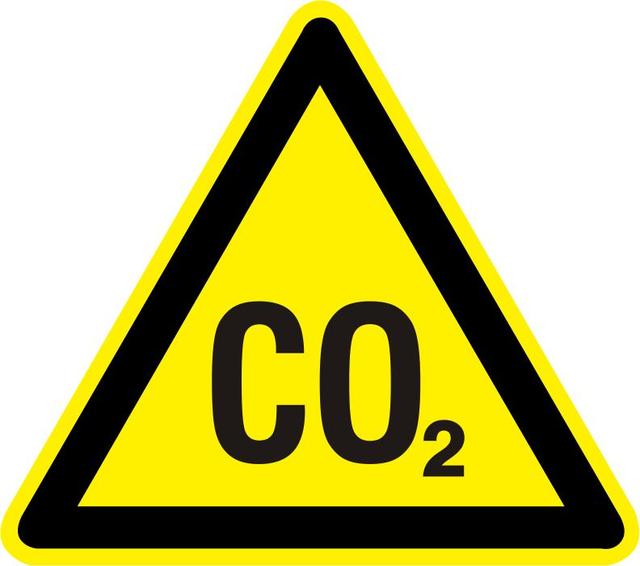I am amazed that the concept of “cap and trade” as a way to slow global warming has any traction in Congress.Yet it has actually passed the House already and is awaiting Senate action. It is an ineffective and potentially dangerous approach that ought to be tossed out on its ear. That it hasn’t yet is a tribute to the brain-numbing of our politics and the effectiveness of lobbyists for the energy industry. Many progressive commentators, and even members of Congress, have been mesmerized by the seductive concept of putting the marketplace to work in regulating greenhouse gases. I am here to say there are serious problems with this proposal; and to express regret and consternation that it has gotten this far without exploration of the many problems it causes. There is a better way—a carbon tax.Cap and trade means that Congress would establish allowable limits (a “cap”) on emissions of greenhouse gases allowed for each industry, and then create penalties for those businesses in that industry whose emissions exceed those amounts. These gases come largely from our nation’s profligate use of hydrocarbons for energy: oil, natural gas and coal. Businesses that emit fewer emissions (that is, those under the “cap” levels) would be able to sell their resulting “carbon credits” to businesses whose emissions put them higher than the “cap.” The idea is to make such emissions more costly and create an incentive for reducing emissions and drive the economy toward “green” energy.Cap and trade does have lots of critics, mainly from the energy business, who say it will put a big damper on the economy. Industry also observes that enacting cap and trade now, in the middle of a deep recession, is a particularly bad time to add costs to energy, which in turn leads to higher costs of goods and services.I have looked at the legislation pending in Congress and have come to be as critical as business and industry—but for different reasons. Unlike many of these critics of cap and trade, I believe a straight carbon tax would be much preferable as America’s approach for tackling climate change issues.Here are some of my reasons: The bill that was approved by the House gives away, up front, 85 percent of the total emissions credits that will be created to the coal-burning electric utility industry. What kind of message does that giveaway send to the dirty coal bosses? Plus, how can the measure possibly be effective if 85 percent of the emissions credits are dispensed freely ahead of time like so many party favors?Secondly, cap and trade will create another scary “derivatives” market on Wall Street, complete with complex negotiations involving trades of the “credits” by the very people who precipitated the worst economic crisis in decades. The derivatives market is estimated to be valued at $3 trillion by the year 2020! Michelle Chan, a senior policy analyst with Friends of the Earth, is the author of a report warning that “the emissions credit trading market” could work much like the mortgage derivatives market, which was basically unregulated. Chan adds, “If we aren’t careful, we could end up creating a massive, poorly regulated derivatives market that not only poses risks to the broader financial markets, but also undermines efforts to save the climate.” Cap and trade is complex to administer and replete with opportunities for corruption, as the European Union has discovered. America’s Government Accountability Office (GAO) in a report late last year discovered that supposed reduction in greenhouse gases in the EU was largely based on “offsets” for theoretical (but often, not actual) greenhouse gas reductions in China and India. Not long afterward, the United Nations suspended Europe’s largest certifier of offsets for deficiency in its auditing procedures. As an alternative, a straight-up carbon tax on emissions would be far simpler and less subject to the myriad problems cited above. The opposing argument is that imposing higher taxes (especially now during the Great Recession) would be unwise. I would agree with other carbon tax advocates who say that part, if not all, of the tax revenues could be used to reduce other taxes we now pay, or to help pay down our gigantic national debt.The Economist editorialized on this topic in May: “The best way to curb global warming would be a carbon tax. The money raised could be divided up among citizens or used to repay the national debt. A tax on carbon dioxide (CO 2 ) would give everyone an incentive to emit less of it. It would be simple, direct and transparent.”And in December 2008, Ralph Nader wrote in the Wall Street Journal: “If President Barack Obama wants to stop the descent toward dangerous global climate change and avoid the trade anarchy that current approaches to this problem invite, he should take Al Gore’s proposal for a carbon tax and make it global. A tax on CO 2 emissions—not a cap-and-trade system—offers the best prospect.”
The opinions expressed are solely those of the author. E-mail jerry@alibi.com.



